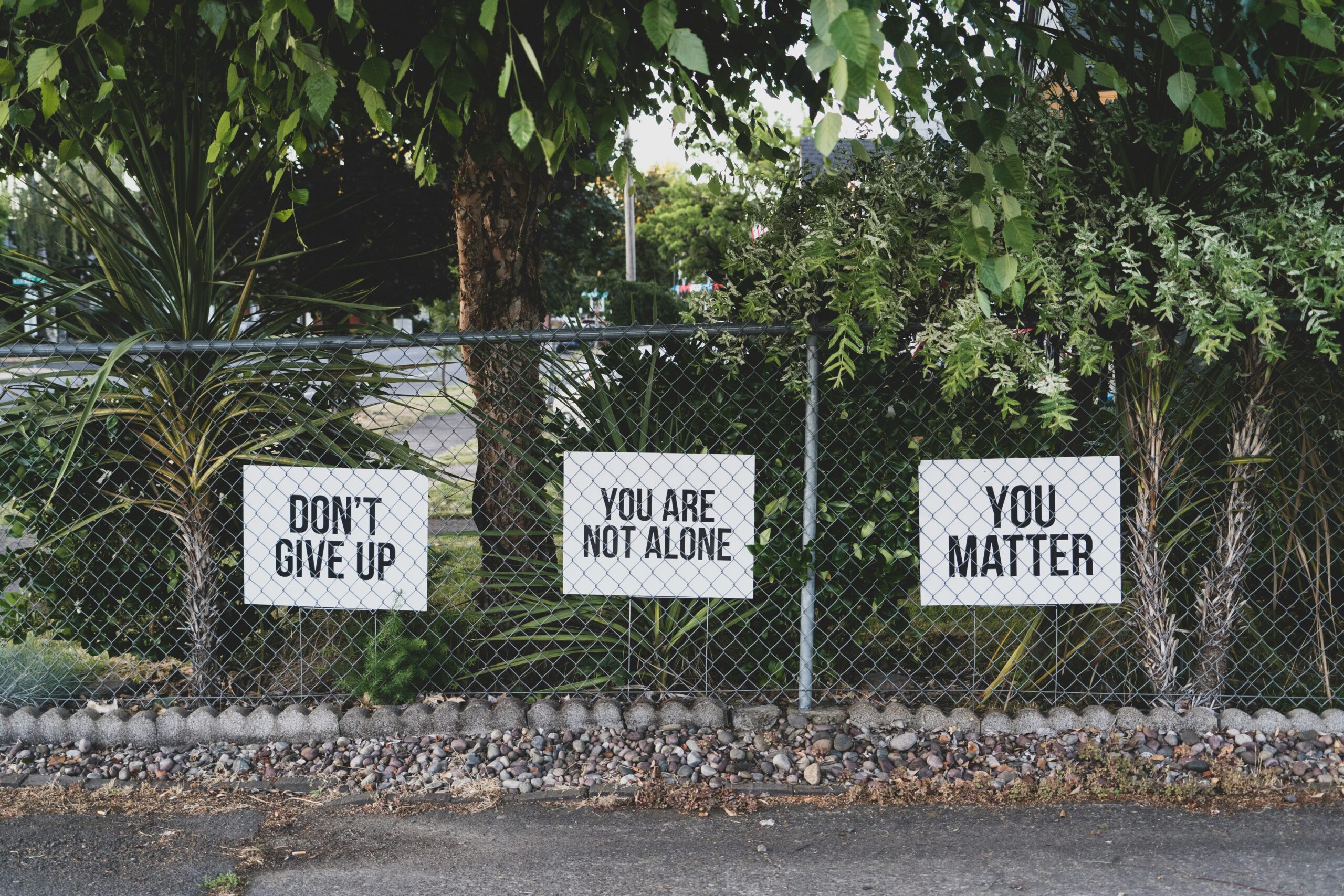The Three R’s for Handling Fatigue or Frustration
In the classic story The Old Man and the Sea, Ernest Hemingway vividly depicts struggle and suffering. The old fisherman tirelessly battles for days to catch an enormous marlin, only to then fight sharks that would go on to ravage the prized catch.
Being old, alone, and at sea, he frequently feels too tired to go on, too frustrated, too pessimistic.
In which parts of your life do you feel tired, frustrated, or pessimistic?
I regularly meet with a group of successful executives who sometimes feel this way about parts of their lives. Tired of the striving, the travel, the pressure, the politics, the packed schedule…frustrated with certain relationships, lack of progress, lack of clarity about the future…
We meet to discuss these friction points and how to work through them.
To better handle this fatigue and frustration, we recently discussed a three-part formula:
- Relegate. Some things are making you feel tired or frustrated because you’re holding onto them too tightly. You’re trying to control someone or do something for someone that they can or should be doing for themselves. You have the mindset that “If I don’t…it won’t…” For instance, you might be thinking If I don’t
- …do this work myself, it won’t be good enough.
- …remain in this role, the team won’t succeed.
- …do this work, I won’t feel valuable.
These areas of control, over-functioning, and narrow thinking might be contributing to fatigue and frustration. Perhaps it’s time to release, train, or empower others.
- Reject. Other things are making you feel tired or frustrated because you should be saying “no.” Maybe you’re attending that event, doing that activity, or focusing on something because it’s the squeaky wheel — others are complaining or requesting and you want it/them to go away, so you do it. Or perhaps it’s something that you do because you’ve always done it. Or because you simply said “yes” to the invitation without thinking enough about the implications. “I’ve got the capacity,” you think to yourself. “They want me there,” you rationalize. These are examples of “should-ing” on yourself or being too reactive to the demands around you.
- Reframe. Finally, you may feel tired or frustrated because you’re thinking about your challenges the wrong way. For example, you may view it as an obligation rather than an opportunity, a tragedy versus a redemption, a failure instead of a growth area. In my last post, I discussed how the Penn Resilience program has found that resilient people “re-interpret their stimulus.” They reframe what’s happening in or to them in more productive ways.
For instance, it might be time to redream your dream, remind yourself why this difficult thing really matters, recharge your energy, or retool your abilities to handle what’s coming your way. Or, as is often the case, you may need to simply accept the struggle as a requirement to achieve your desired outcomes. This is what the old man did in the face of complete exhaustion. He audibly said to himself over and over:
- “Now is no time to think of what you do not have. Think of what you can do with that there is.”
- “I may not be as strong as I think, but I know many tricks and I have a resolution.”
- “If the others heard me talking out loud, they would think that I am crazy. But since I am not, I do not care.”
In what part of your life are you feeling frustrated or tired? What relationship, activity, or objective is causing anxiety and fatigue?
Consider which of the three Rs might be most important to finish the journey well.










Comments are closed here.